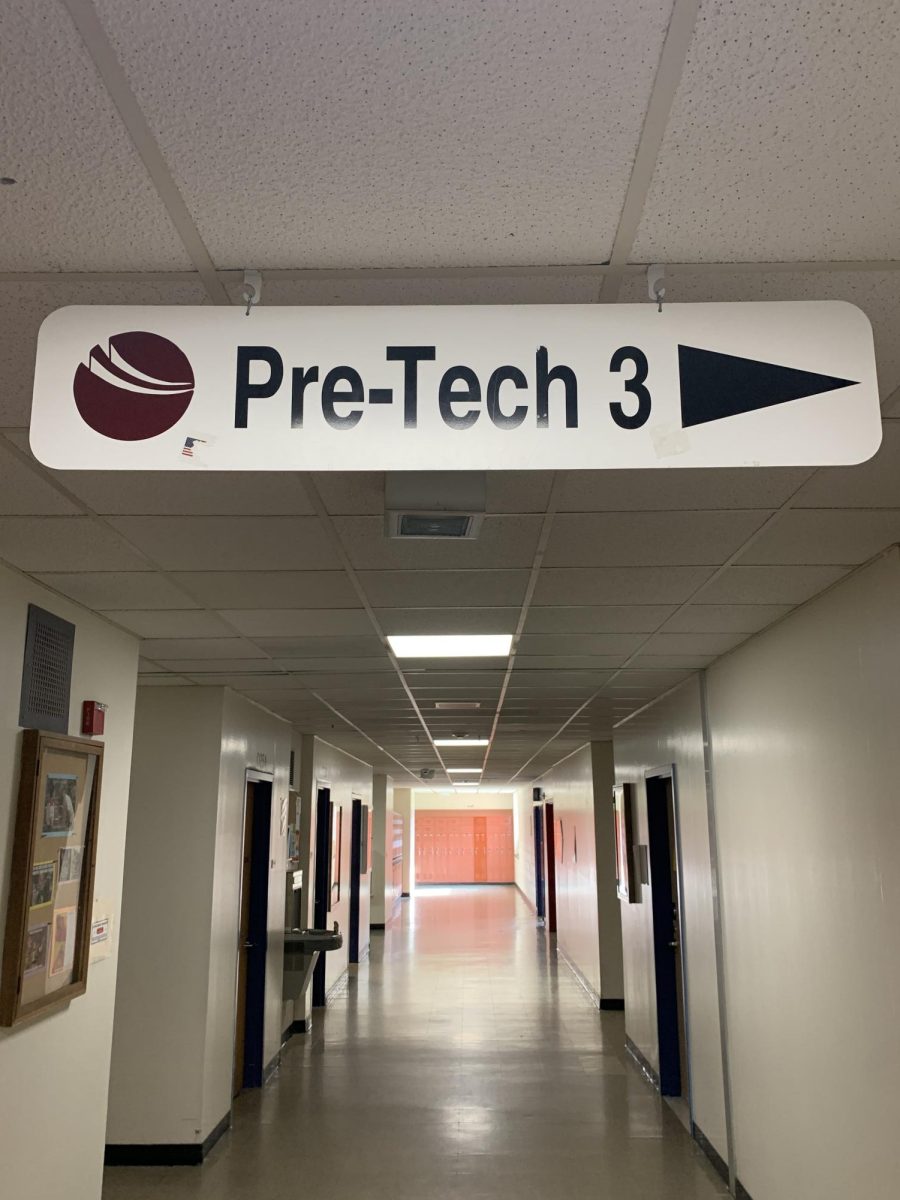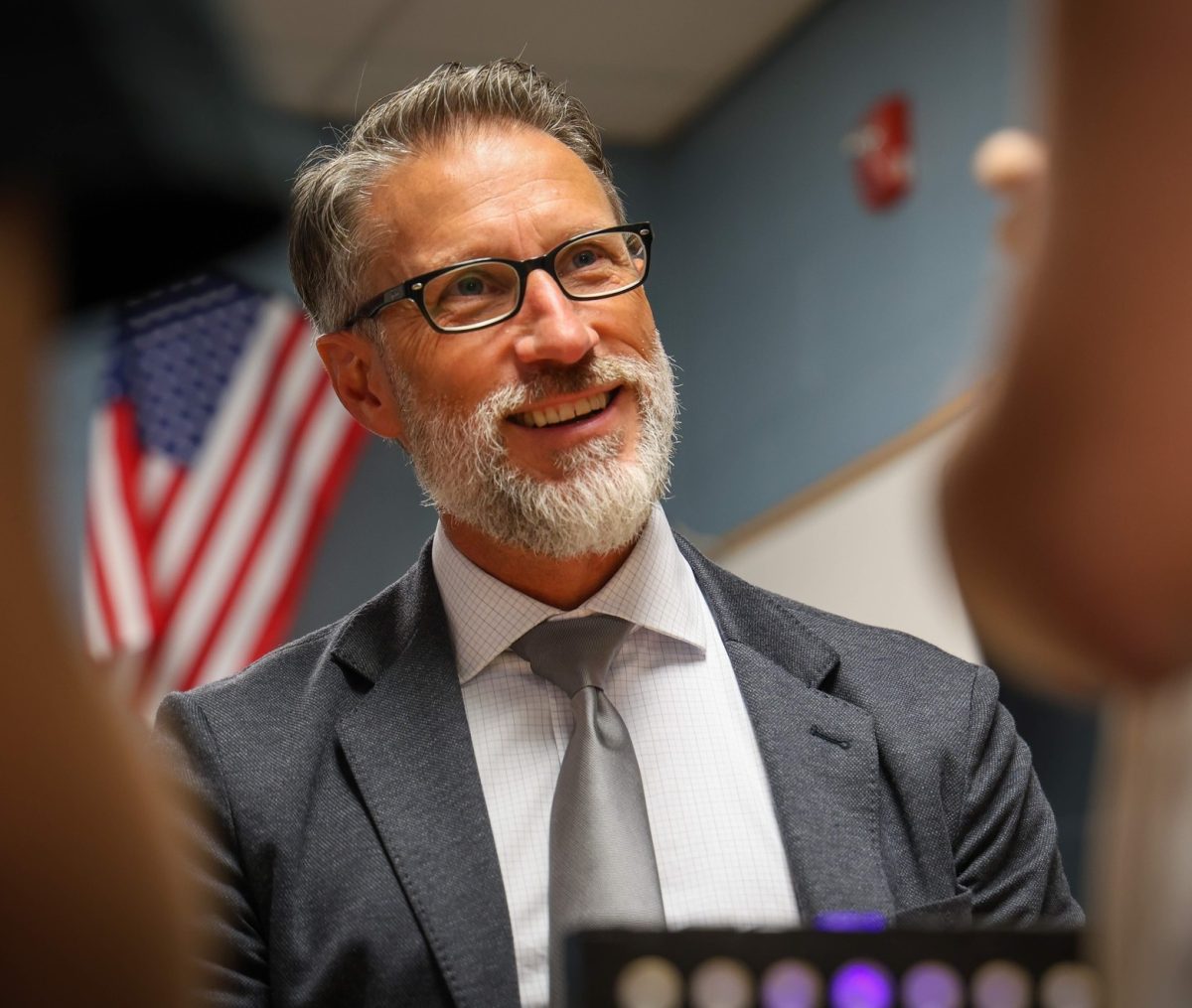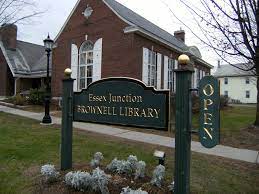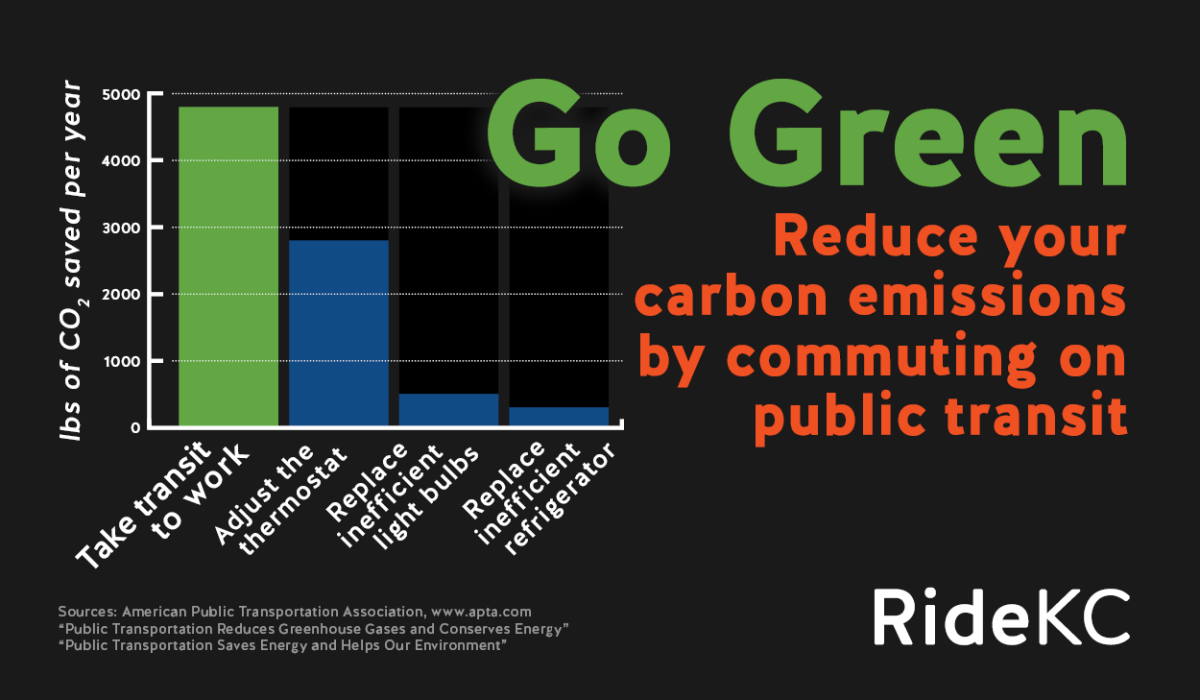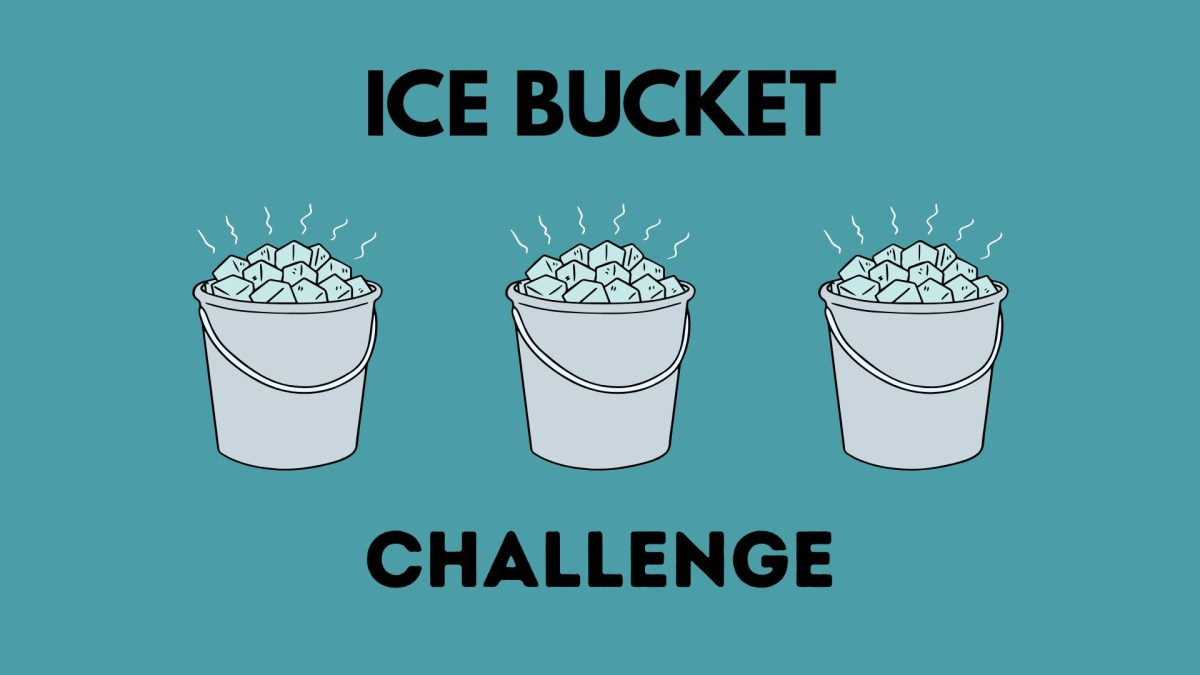Opinion: Students should be able to purchase a second lunch
Submitted by: James Steward
Every day during block 5/6, students flood the lunchroom to take a break and eat with their friends. The district allows each student to have one lunch meal for free. As nice as this sounds, this single meal doesn’t provide enough food to sustain the growth of adolescent students.
Students need food to work productively, just as they need it to develop. Limiting students to the same portion of food is like a gas station limiting all buyers to the same quantity of gas- it doesn’t work because not everyone has the same needs. When I’ve gotten food from the lunchroom, it is sometimes not enough due to the small portion sizes. I find myself hungry before my intense practices. I wish there were options to buy more meals to make sure I’m ready for practice. Therefore, EHS should offer every student the opportunity to purchase a second lunch because of the differing nutritional needs of each student.
Implementing a policy that allows students to purchase a second lunch can be financially beneficial for the school district. During difficult times when passing a district budget is challenging, increased lunch sales can generate additional revenue, which can be part of the solution to many issues voters have with the current budget draft. This added income can help enhance the quality of meals, ensuring all students benefit from nutritious and appealing food options. Overall, the extra revenue brought in by the supplementary lunches will benefit the district as a whole by providing more funds to improve different aspects of students’ educations.
Some may say that this option of a second lunch undermines students’ ability independent by making their own lunch if they aren’t filled after the school lunch. Though this opinion is valid, it doesn’t consider the long term impacts the option of a second lunch could have for students. While there might be short-term financial costs associated with providing students with the option to purchase a second lunch, the long-term benefits can outweigh these concerns. Ensuring that students have access to adequate nutrition can lead to improved academic performance, better behavior in class, and ultimately, greater success in school. The investment in student well-being now can pay off in the form of more capable and productive citizens in the future.
Offering every student the opportunity to purchase a second lunch addresses the nutritional needs of adolescents and would provide a financial benefit to the district. By implementing this policy, we can ensure that all students have access to the nutrition they need to thrive, while also generating additional funds to improve various aspects of their education.
Opinion: The state of EHS parking
Submitted by: Evan Miller
Dear Administrators,
I’m writing to express my present thoughts with regards to our parking situation at Essex High School and to offer a change, which I believe will significantly improve the situation for everyone involved.
I would first like to note and appreciate the survey you put out earlier in the year intended to get information about what the student body thinks is best when it comes to the parking system at EHS. It is clear that it is not just the students that have issues with the system, and it is appreciated that there seem to be plans to change it for the 2024-25 school year.
This, of course, is only necessary due to the problems that exist with the current system for parking. By the sound of the first bell, the parking lots are completely full and we often see students and staff ‘making up’ parking spots in places where they aren’t supposed to. For people with late arrival or appointments, it becomes nearly impossible to find a suitable parking spot, if any at all. This forces them to either leave their car in an area they aren’t supposed to, like along the grass or in the driving lanes of the parking lots, or park far away from their class, leaving them to get unnecessary tardies. While students can choose to arrive at school extremely early to avoid this issue, they are then forced to spend hours in the library trying to pass the time, and become unable to leave the school campus for other reasons for fear of losing their hard-earned spot.
And it is those same overfilled parking lots that create standstill traffic following the dismissal of school. As the same number of students and faculty that all filled the parking lots over the course of nearly an hour are all trying to leave the lots at the same time, it is no surprise that such problems occur. This only gets confounded by the fact that people rush to beat and cut traffic. In doing so, they become much more reckless, only worsening the traffic problems. The late arrival parking jobs serve to further degrade the situation, with their positioning slowing or even blocking the flow of traffic at times. All of these issues combine into upwards of 20 minutes of vehicular mobs all swarming and crushing forward to try to get to the exit.
Thankfully, there are many ways we as a school could choose to mitigate or solve these issues.
We could completely rebuild their parking lots from the ground up to accommodate the larger amounts of people making use of them and to improve traffic flow, but this process is long, costly, and would leave the school without that parking space while the construction is taking place. Not to mention that it also only works if there is a feasible way to expand or improve the system to begin with.
Districts could also try to policy their way out of it, paying more people to ticket illegally parked vehicles and to manage the flow of traffic during the end of day rush. This also is costly and requires either the reassignment of pre-existing staff members or the hiring and training of new ones, taking time and ultimately only serving to be a halfway-effective solution.
I believe that in our specific case at Essex High School, the most reasonable and effective solution would be to take our preexisting parking pass system and impose a strict limit on the number that can be given out. The passes would first be distributed to staff and upper classmen, with any excess being opened to lower classmen later in the year.
By limiting the number of passes distributed, issues of not being able to get a parking spot in the morning would be effectively eliminated. Assuming that people without a parking pass using the lots would be kept to a minimum, anyone who does have a pass would effectively be guaranteed a spot
This change would also mean that there will be much less brand new drivers making reckless choices, almost certainly leading to less accidents. This would also likely improve the traffic flow, with less unintentional cutoffs and tailgating during the rush.
People arriving on campus outside of the start of school would also have a much easier time finding a spot and would be more comfortable leaving and returning to campus if they needed to, giving the upperclassmen more freedom while also reducing the amount of wandering students both in the halls and in the library.
Thank you for considering this proposal to improve the parking situation at Essex High School. I believe that with thoughtful implementation, we can create a safer and more efficient parking system for everyone.
Opinion: Homework and School: A Full-Time Job
Submitted by: Tess Adams
There is so much riding on being an exceptional student. You have to play sports, and three would be best. Art is good for your brain so take up drawing, or theater, or a musical instrument, but make sure to perfect your craft, as it won’t get you anywhere if you aren’t unique or great at it. Take an active role in your community and join a few clubs. Make sure you are engaged in community service and get in some volunteering hours. Colleges won’t want you if you aren’t standing out. Socialize and spend time with your family, but don’t prioritize your social life over school work. Make sure you understand the etiquette of making friends and be sure to stand out. Be unique, but don’t be weird or else people won’t want to spend time with you. Keep your grades up and don’t forget to do well on the standardized tests (they can’t have you lowering the school average). Stay caught up on work; the work keeps rolling in even if you are sick. Support your family and yourself by getting a job, but don’t forget to do the hours upon hours of assigned homework every night. Don’t be unproductive, but take time to focus on yourself. Do the things that make you happy and take care of your mental and physical health, but you still have that math test on Thursday and an essay due Friday. You should be getting at least eight hours of sleep, but don’t prioritize rest over getting an assignment in on time. You have to be prepared for the world outside of school… but there isn’t time to be present in the world we are in right now.
Being a student is a full time job.
Whatever happened to the “best four years of our lives”? There simply isn’t time. Burdened by due dates and deadlines, school for many is nothing more than a source of stress. We’re lucky if we get to bed at a respectable hour. There is so much asked of us yet no elbow room, not even an inch of space for us to go through our day not worried about a class or a grade.
Homework eats up the hours in our day. Teachers are quick to assume that we will have enough time to complete their homework outside of school, whether it be for twenty minutes, an hour, or two hours. They aren’t wrong, an hour even would be quite doable. Though it’s rarely just an hour. When each teacher makes this assumption, we are left with three to four assignments a night adding up to much more than an hour. It accumulates causing stress levels to rise.
How much learning is really coming from this though? We spend around seven hours in school, five days a week. With our social batteries draining, uncomfortable chairs, classrooms that are freezing one day and hot the next, we have to stay focused. We must pay attention and take in information. Learning is exhausting. With many of us running on little sleep, it is a battle to process and learn every single day. Many of us begin our days with clubs and end them with after school activities like sports, theater, or musical endeavors. Our day never slows down. One would think that after spending your entire day at school, learning and representing the school through sports or the arts, that we would finally get to sit back and relax. Yet we are pushed to great lengths to learn. The grind never stops, and it is hard to believe that this extreme effort is doing what teachers hope it will.
Much of the learning occurs in school. Interacting with our classmates, getting to ask questions, and participating in class discussions is an essential part of the learning process that simply isn’t available at home. The social and emotional learning that comes from school is, in many ways, just as important as the academic developments. For those who are excelling in class, homework can feel like a waste of time. Whereas for those who are struggling, it just continues the frustration and confusion, but with no one around to guide them through it. Schools have teachers for a reason. We aren’t at school to teach ourselves, we are there to be educated.
We appreciate teachers ‒ more than we likely show. Teachers are the reason we are who we are today. They have an immense impact on our development both academically and emotionally. We understand that we are hard to work with at times ‒ we feel it too. It’s not easy to be a teenager. You were one not that long ago.
Being inside our brain is already a constant struggle, but we need guidance and patience. Weighed down by the pressures of school, we need space. Space to be ourselves. We need time to be teenagers. We need the weekends and vacations to truly be a break from school. A chance to refill our battery and be ready to learn. We need our evenings to spend time with our family ‒ we are leaving soon. A scary reality but it’s true, we only have a year or two left before we leave for college. We need time to let our brains stop churning for just a second. We don’t enjoy being stuck up in our room writing an essay or doing a calculus assignment till we physically can’t keep our eyes open any longer. We would much rather spend time with our family or friends. We need an opportunity to not be exhausted by school.
We need less homework.
No homework doesn’t mean we aren’t learning. It doesn’t mean that we don’t care about our education. We aren’t lazy. We are just humans; humans trying to exist in a pressure-filled world. The time and energy we are dedicating to homework is not equivalent to the learning being produced. For many, the dread accompanied with homework results in artificial answers, and in turn, artificial learning.
With the rise in artificial intelligence like ChatGPT, students can submit work that isn’t even theirs. Receiving answers to math questions when they didn’t know how to do the problem is a way to avoid learning. This false sense of understanding causes students to not receive the help they need. Homework is teaching students to find ways around the challenge. While a potentially helpful skill in some situations, when it comes to learning, it is the complete opposite. Learning comes from working through problems. Reading through a textbook to find an answer or persisting through a math problem promotes learning. It encourages students to problem solve. With such little time outside of school for homework, this way of learning isn’t occurring.
Instead we need to prioritize the time inside the classroom. We need to prioritize time working with the teacher and with our peers. We need to prioritize our energy. We want an education. We want to set ourselves up for a successful future.
We already have a full-time job being students. We don’t need an additional one when the school day is over.
Opinion: End Privatization of Education
Submitted by: Jack French
Dear College Board Executives,
Over the course of my high school career, I have become very familiar with the College Board suite of assessments. From the PSAT to AP World, I have taken countless College Board exams that aim to assess my proficiency in math, science, history, English, and even as a student, condensing my education and experience into a data point in competition with my peers and the nation at large. While I agree that standardized testing is extremely valuable in being the only way to objectively compare the knowledge of otherwise unrelated applicants, and that having such a measure is necessary to the college admissions process, the College Board suffers from several flaws that need to be addressed before their tests can begin to equitably represent students of all backgrounds.
The College Board, despite being enshrined in both private and public American education, lacks proper transparency and has motives that conflict with the aims of standardized testing. Despite being recognized as a ‘nonprofit organization’, the College Board regularly turns a profit on the order of tens to hundreds of millions of dollars. Rather than using this money to subsidize testing or support the community, this money is invested at the benefit of College Board, whose assets value over 1.5 billion dollars as of last year. This figure doesn’t include salaries; CEO David Coleman earns 1.8 million dollars annually, and many other executives in the organization aren’t far behind. No true nonprofit has 160 million dollars in Caribbean tax havens and CEOs making seven digits. Even the revenue that doesn’t comprise profit is hardly accounted for. This lack of transparency also extends to actual test content: only certain parts of tests are released to the public afterwards, and rubrics are often changed after the tests are administered in order to reach target scoring distributions.
In their mission for material gain, the College Board has mercilessly commercialized the test-taking process at the expense–both metaphorically and literally–of students. Beyond charging $98 per AP test and $60 per SAT, these tests carry an exorbitant amount of fees; for the SAT alone, there are fees for the test center ($24), late registration ($30), changing test center ($25), cancelling registration ($25), cancelling late ($35), rushing scores ($31), sending scores ($14), getting scores by phone ($15), SAT answer services ($16), and score verification ($55). ‘Late registration,’ to clarify, is hardly late; AP registration deadlines are in mid-November, when few students can make an informed decision on whether or not to take the April test. This deadline is nothing more than a justification for charging students more money. The College Board does offer a fee waiver program for underprivileged students which includes two free SAT tests, but this ignores the myriad fees that come with them. They also fail entirely to make AP tests accessible to anyone short of affluent; after waivers, tests cost $53 per–a discount of less than half. By pricing out those unable to pay, the College Board is selling the prestige and influence of a test score to the highest bidder, virtually killing any chance of those with fewer resources to compete with their wealthy counterparts in the college admissions process.
In order to best provide quantitative evaluations of education, the College Board must be held accountable to and led by students and the learning community, not a cabal of millionaires. Money sitting in overseas bank accounts would be better employed by cutting down on unnecessary fees and creating meaningful change in terms of exam accessibility. By prioritizing wealth over transparency and equity, the College Board is failing high schoolers and higher education as a whole.


